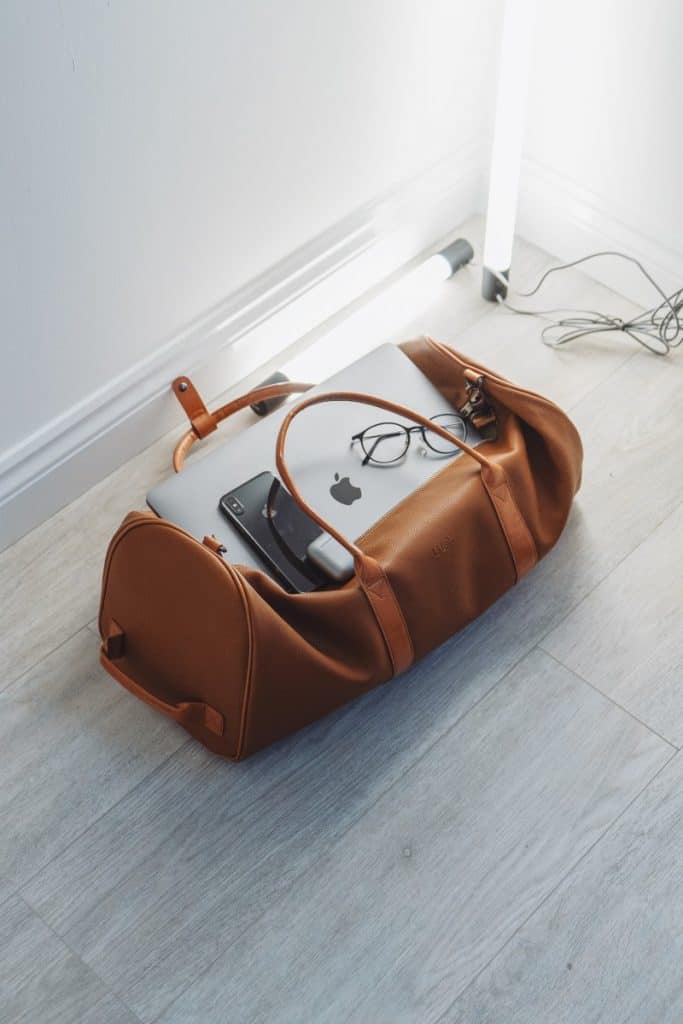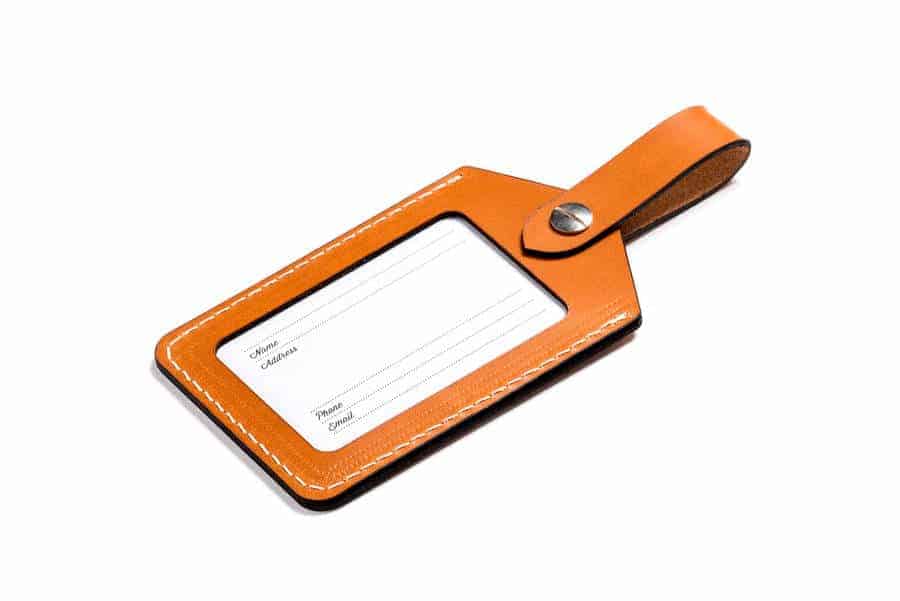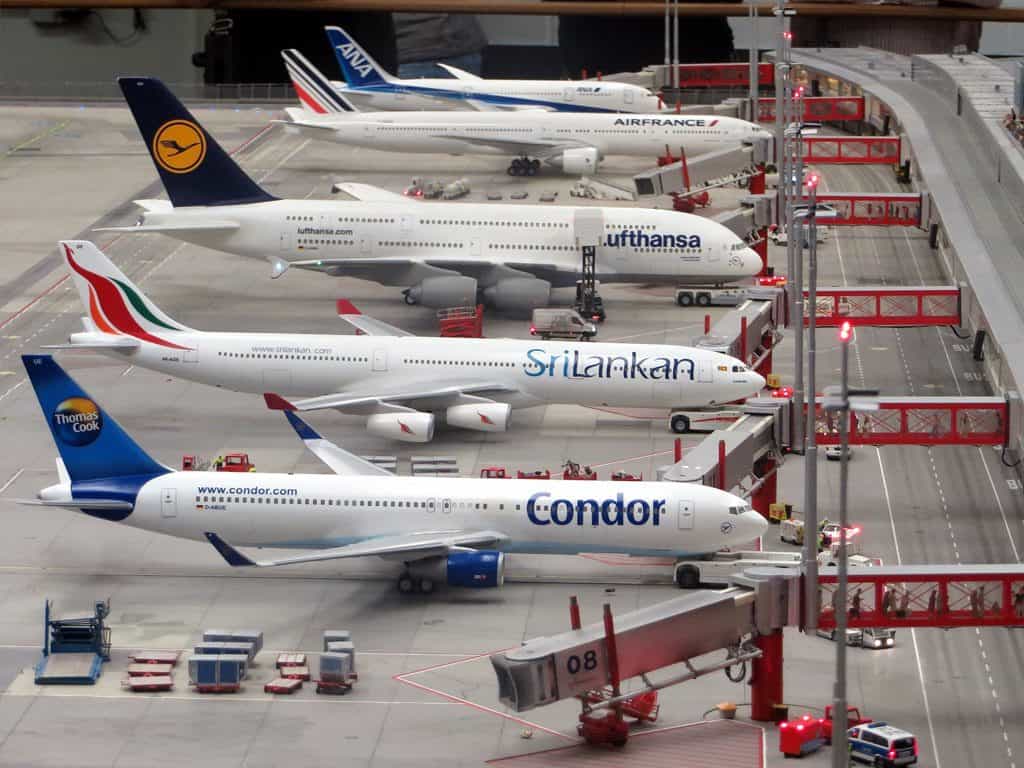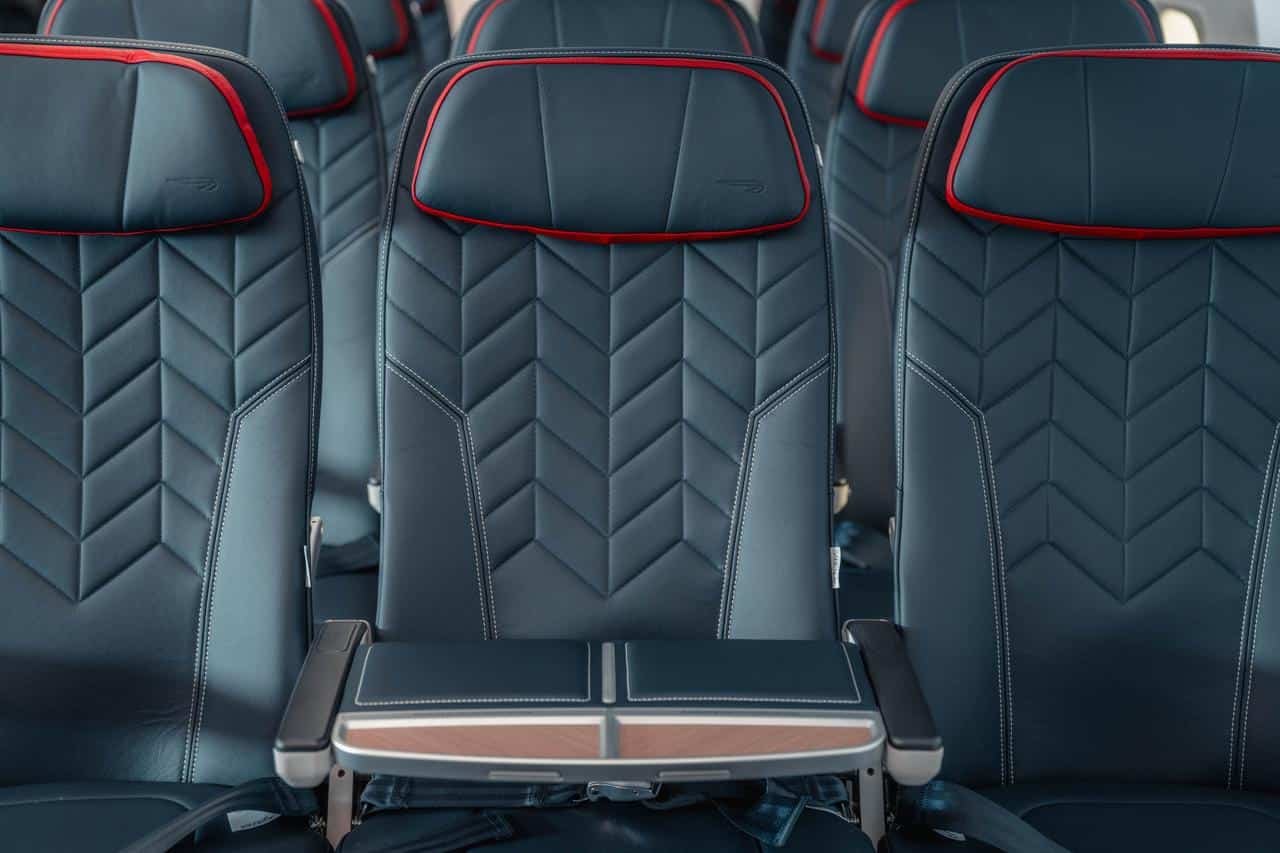Arriving at your destination and realising your bags haven’t arrived can be incredibly frustrating, and time-consuming to sort out.
A lot of business travellers just take hand luggage to avoid this scenario but sometimes it isn’t an option. If you need to take a checked bag, these tips could make the difference between disaster and small inconvenience.
1) Pack wisely
Most airlines will reimburse you for essential items you have to buy while you are without your bag and if they permanently lose your bag, they will compensate items in the bag (more on this below). However, high-value items such as jewellery, designer handbags, electronic items such as laptops or iPad’s and cash will not be covered so make sure you keep them in your hand luggage.
It might seem obvious but always keep medication in your hand luggage. Not just enough for the flight but for at least 48hrs when you arrive. If your baggage is delayed for longer than 48hrs, this should give you enough time to get some more prescribed locally.
If you are travelling with someone else and have a checked-in bag each, don’t pack all your items in one bag. Add some essentials to the other bag and then if one bag goes missing, there will always be some essentials in the other bag. Alternatively, having some essentials in your hand luggage can save you trying to find a shop in the middle of the night which sells underwear!

2) Check your connection times
Generally, baggage systems at big hub airports are efficient and successfully move millions of bags from check-in to the aircraft. However, to give the system the best chance, arriving at the airport with at least an hour before your flight and allowing as much time as possible between connections will give it plenty of time to get it on your flight. At smaller airports with less sophisticated systems, allowing even more time is even more critical and can save a lot of time later when you have to try and find your bag.
3) Bag tags are important
As bags get moved around the baggage system and on and off aircraft the tag the airline attaches to your bag can be ripped off. A lot of bags look very similar and if it does go missing, it can make the job of reuniting you with your bag a lot harder. Adding your own tag with your name and email address/hotel address/phone number to the outside of your bag is a great way to give the airline a way of contacting you. In addition, when the bag doesn’t have a tag and the airline needs to check it’s your bag, they will open it to see if the contents match your report. If you put a piece of paper with your details on inside your bag, it will be very clear to them whose bag it is and will make reuniting you with your bag easier.

4) Invest in technology
If it is absolutely critical that your baggage arrives, or you have had some bad experiences and want the reassurance of knowing where your bag is, smart tracking technology might be a good option for you. In the past few years, companies have started to utilise technology to allow customers to track their luggage. Market leader Trakdot uses the cellular network to connect to your mobile phone and send you updates about where your bag is. It is a lightweight device which is placed in your bag, is powered by AA batteries and goes to sleep in the air. It has a one-off cost of £79.99 to buy the small device and there is a £17.49 annual subscription fee after the first year. There are others available (LugLoc also gets great reviews) and all have slightly different USP’s so if you are interested, I would recommend this article by Expert World Travel as a good place to start.
Airlines are now starting to use technology to give customers information on where their bag is too. Last year Delta launched RFID luggage tags which allow customers to view where their bag is via an app. It isn’t as accurate as cell or GPS and will only show where the bag has last been scanned but it will give customers more information and, they claim it will reduce lost bags by up to 10%, which can only be a positive move forward.
5) Know your rights
We would always advise having the appropriate travel insurance which covers includes lost luggage cover. Airlines are governed by the Montreal Convention which limits to how much they need to reimburse you (usually up to around £1,000) so you may wish to ensure your travel insurance has a higher limit if you have expensive items in your luggage. As mentioned above, airlines will not cover some items such as high-value goods, electronic devices or cash.
It is best to report your bag missing and fill out the relevant forms at the airport because it will making a claim a lot easier and will start the process of finding your bag. When applying for compensation, airlines will ask for a list of all the items in your bag and receipts for as much as possible. Making this list as soon as possible will help make sure you don’t forget anything. If you are really concerned you won’t remember, you could take a picture of your packed bag to help trigger your memory. Citizen’s Advice has some clear advice on the process and what you are entitled to.
Travelling with British Airways, American Airlines or Iberia and want to remove the stress of travelling with a checked bag? Take look at our article on Airport who pick up your bag from your house/office and then next time you’ll see it is at the carousel at your destination.







